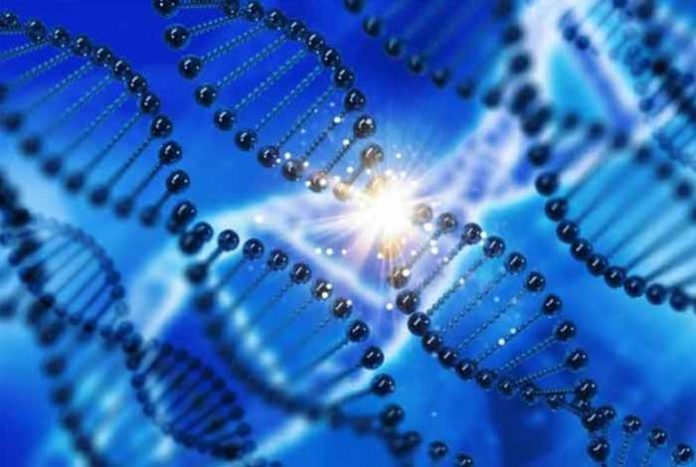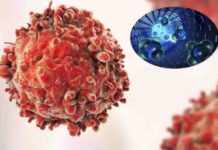
From a study of over 2000 tumors that are responsible for nearly 12 types of human cancer, 27 genes have been discovered that could stop the disease. This discovery has paved a new path for the implementation of individualized treatment for cancer.
The study author, Jonas Demeulemeester of Francis Crick Institute, United Kingdom, and his colleagues recently reported their findings in the periodical, Nature Communications.
Cancer develops in body when the cells grow extensively and divide uncontrollably and eventually cause tumors.
Usually, every human cell contain two copies of tumor suppressor genes that prevent cancer formation by decreasing the rate of cell division and growth. Only when both the genes are mutated or deleted, cancer develops.
For a tumor to develop, it is necessary for both the gene copies to function in an abnormal way. This is because even a single normally functioning tumor suppressor gene can individually produce the proteins required to prevent tumor formation.
However, the researchers realized that identifying such double-gene abnormalities is very difficult. The tumors often contain both healthy and cancerous cells in different proportions; thereby, making it difficult to determine whether one or both tumor suppressor genes are missing.
The study authors created a statistical model for the same with the help of single nucleotide polymorphism (SNP) analysis, with which they identified an array of new tumor suppressor genes.
The researchers used their model to identify the existence of such genes in 2,218 tumors’ cells contributing to nearly 12 different types of cancer. These include breast, ovarian, lung, brain and colorectal cancers.
The team calculated the relative proportions of healthy and cancerous cells in each tumor; thereby making it easier to determine the presence of tumor suppressor genes in cells. The model also indicated the specific “DNA footprint” of these genes. They distinguished these altered genes from other harmless gene mutations.
Eventually, the researchers found 96 gene deletions (mutations) in different tumors. These comprised of 43 tumor suppressor genes, of which 27 were not known prior to the research.
Source: medicalnewstoday.com










